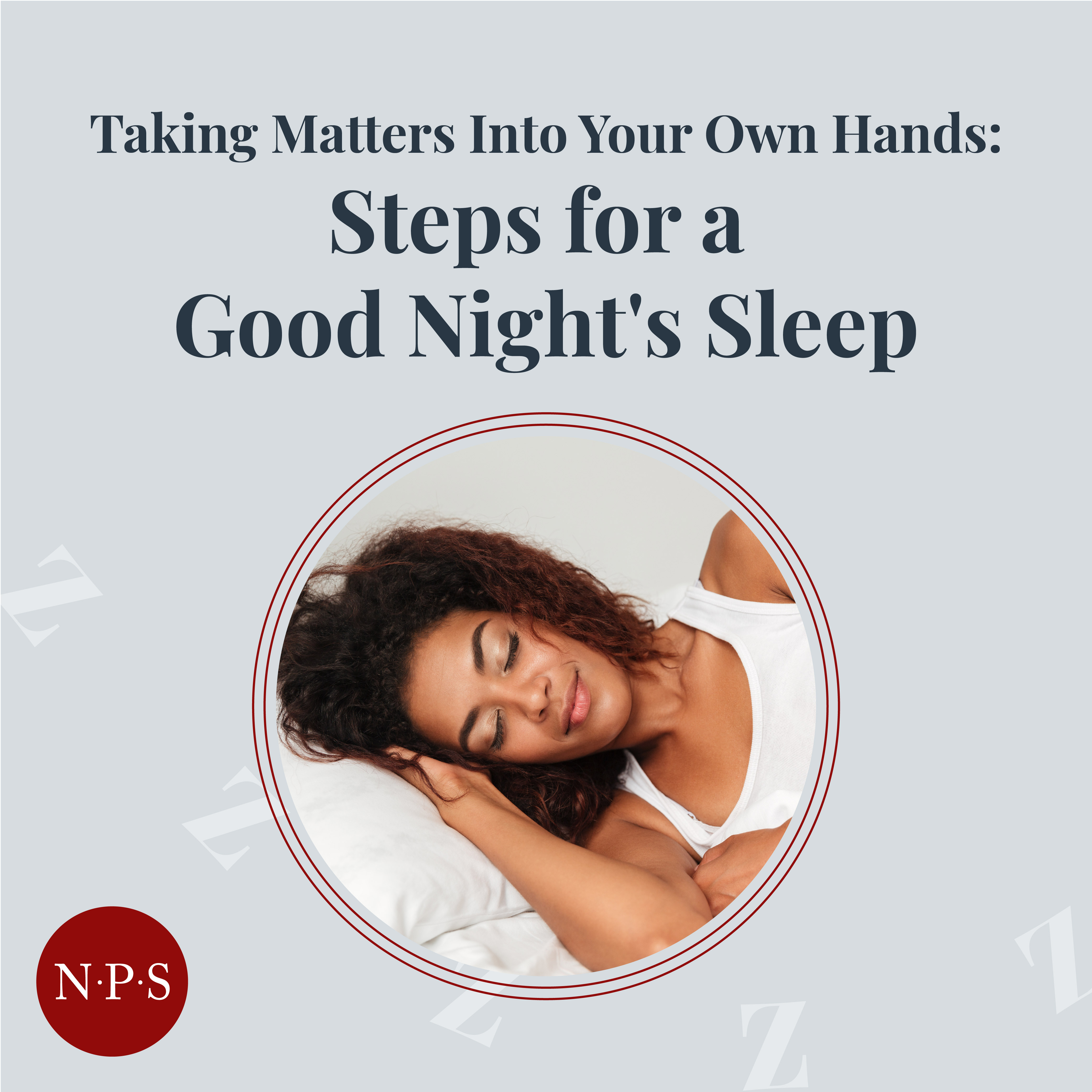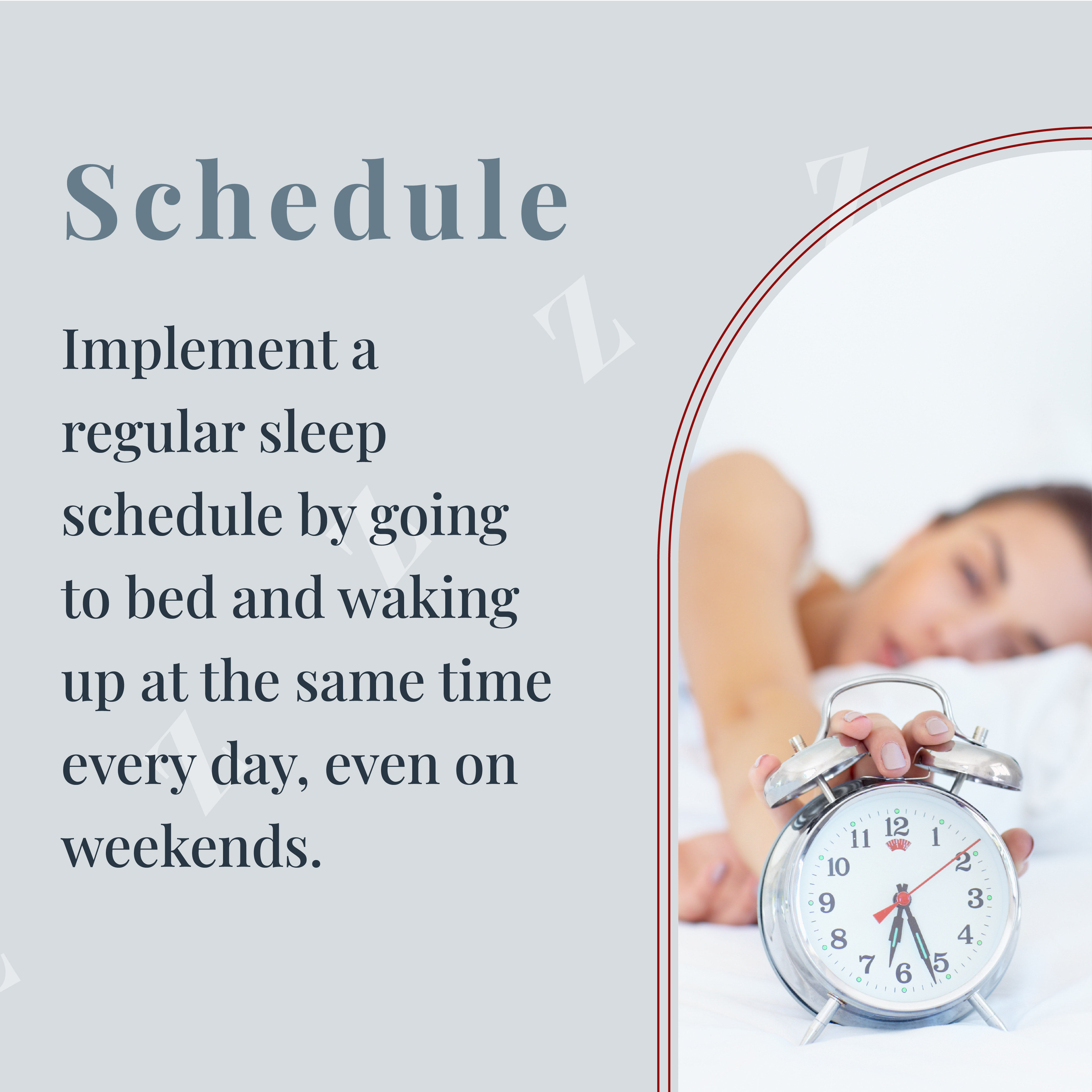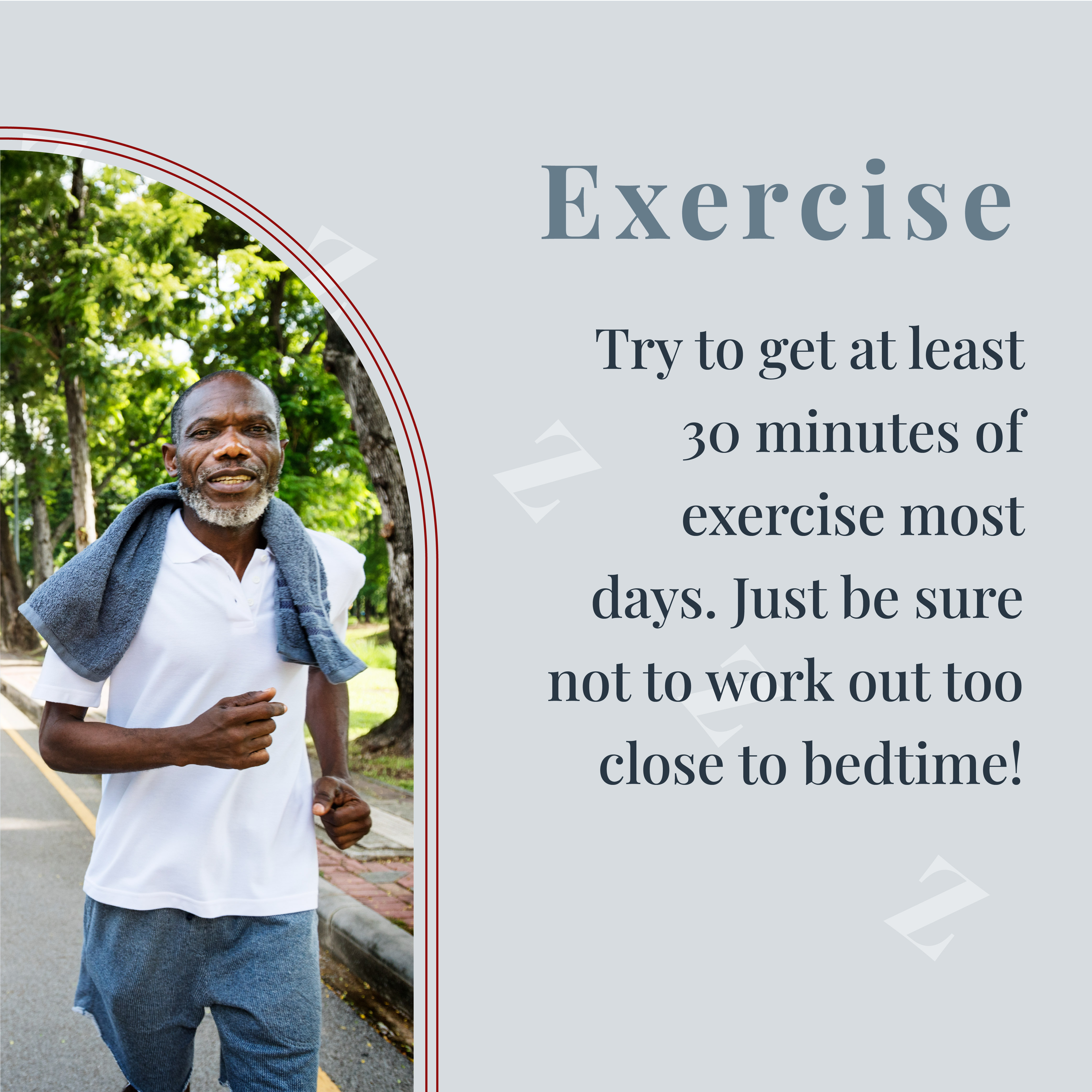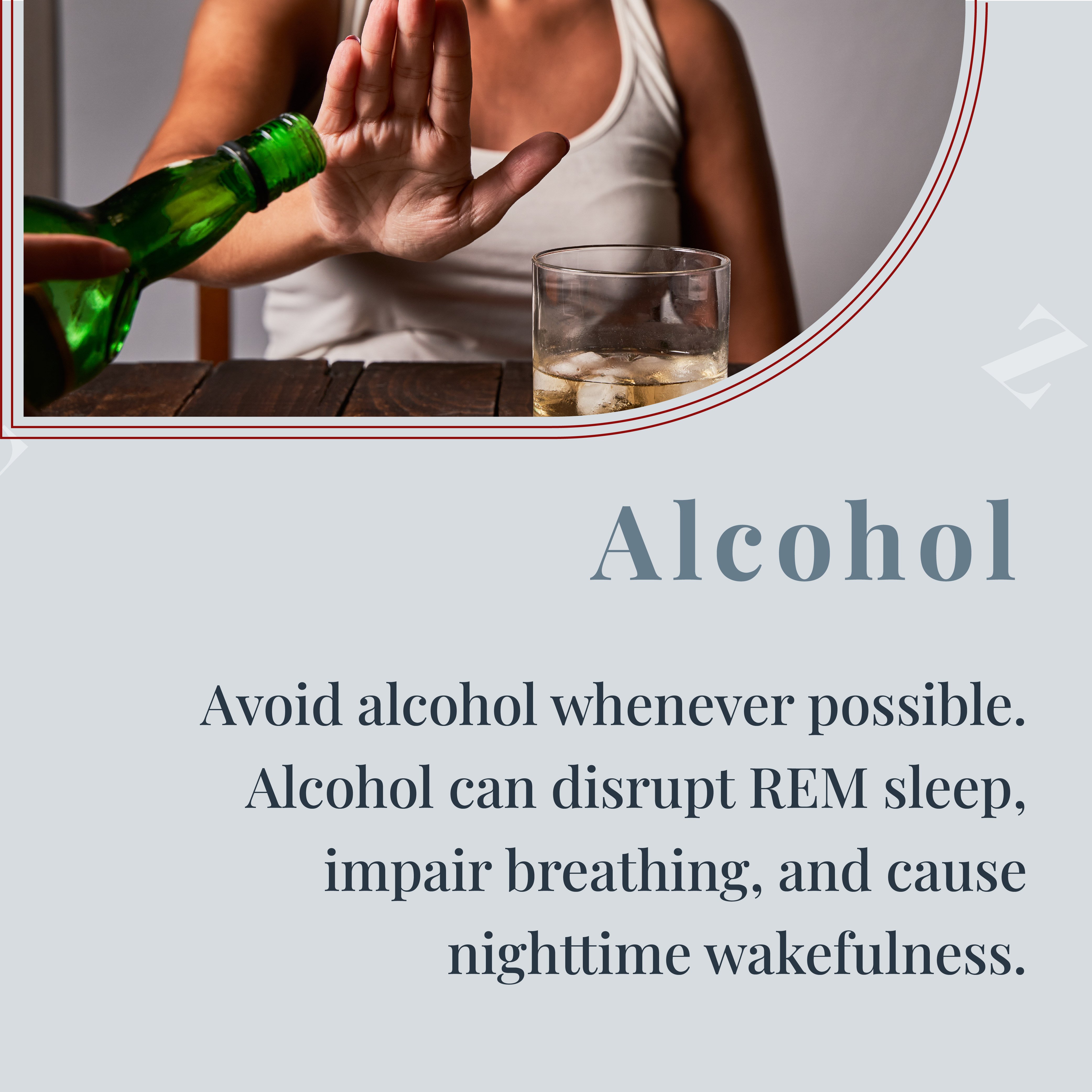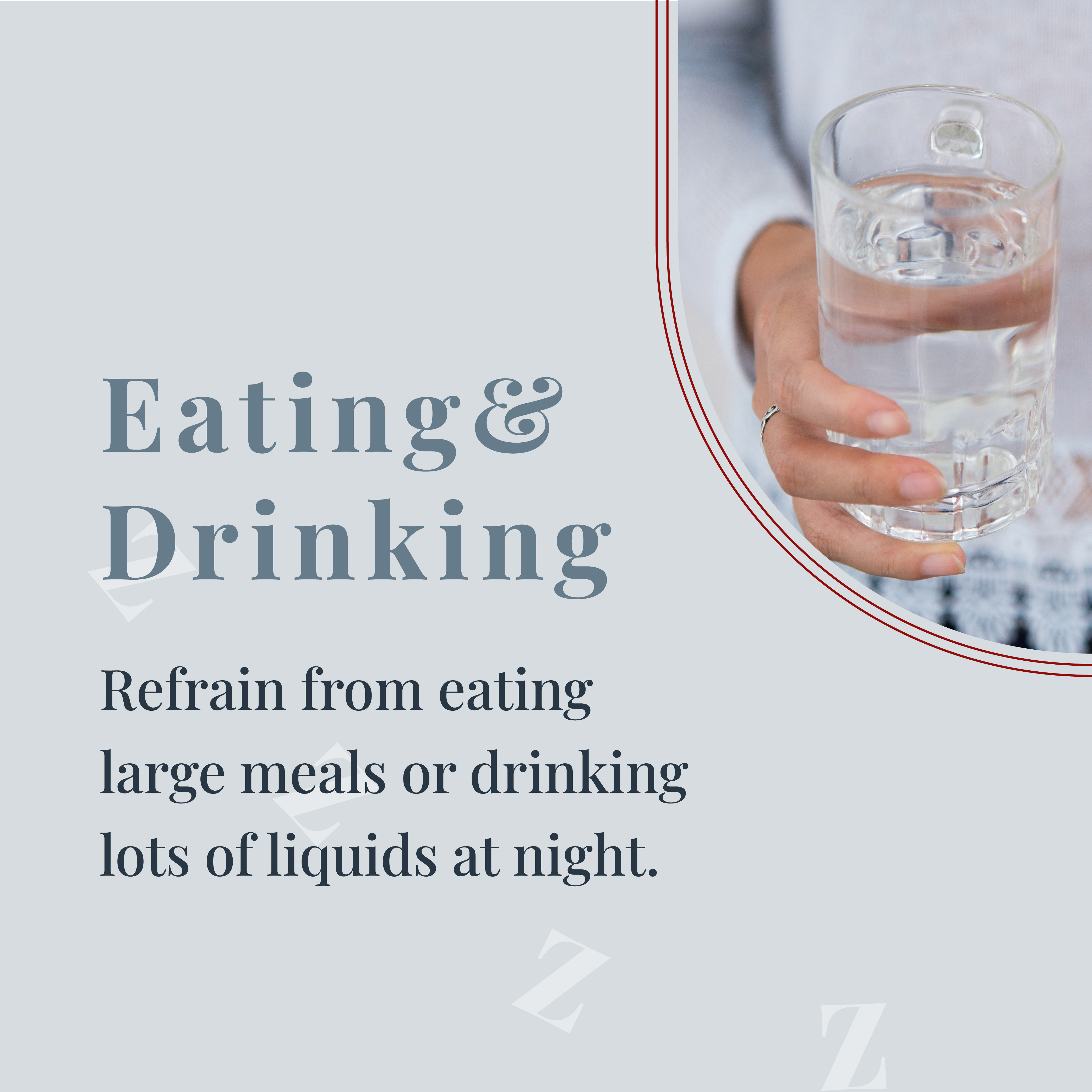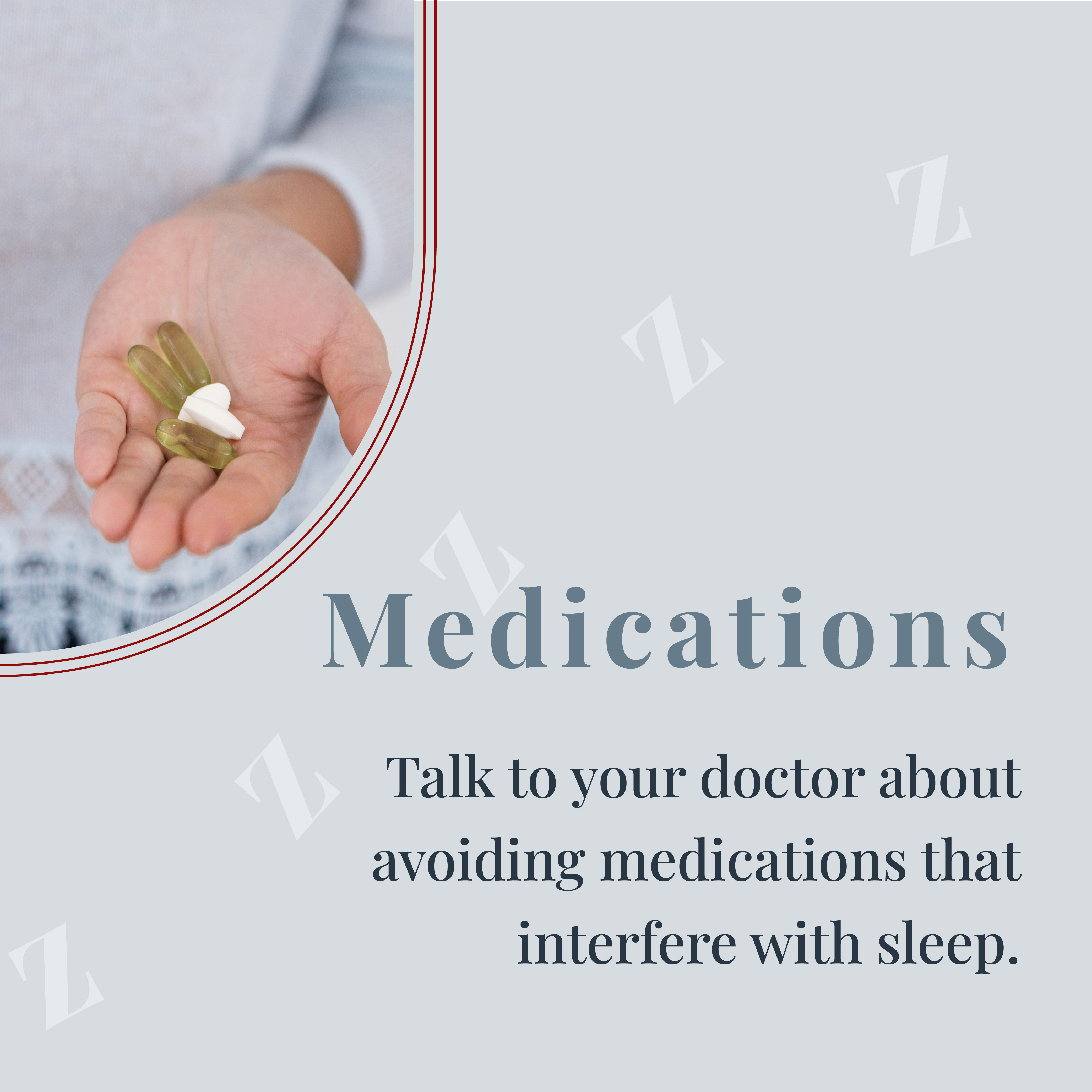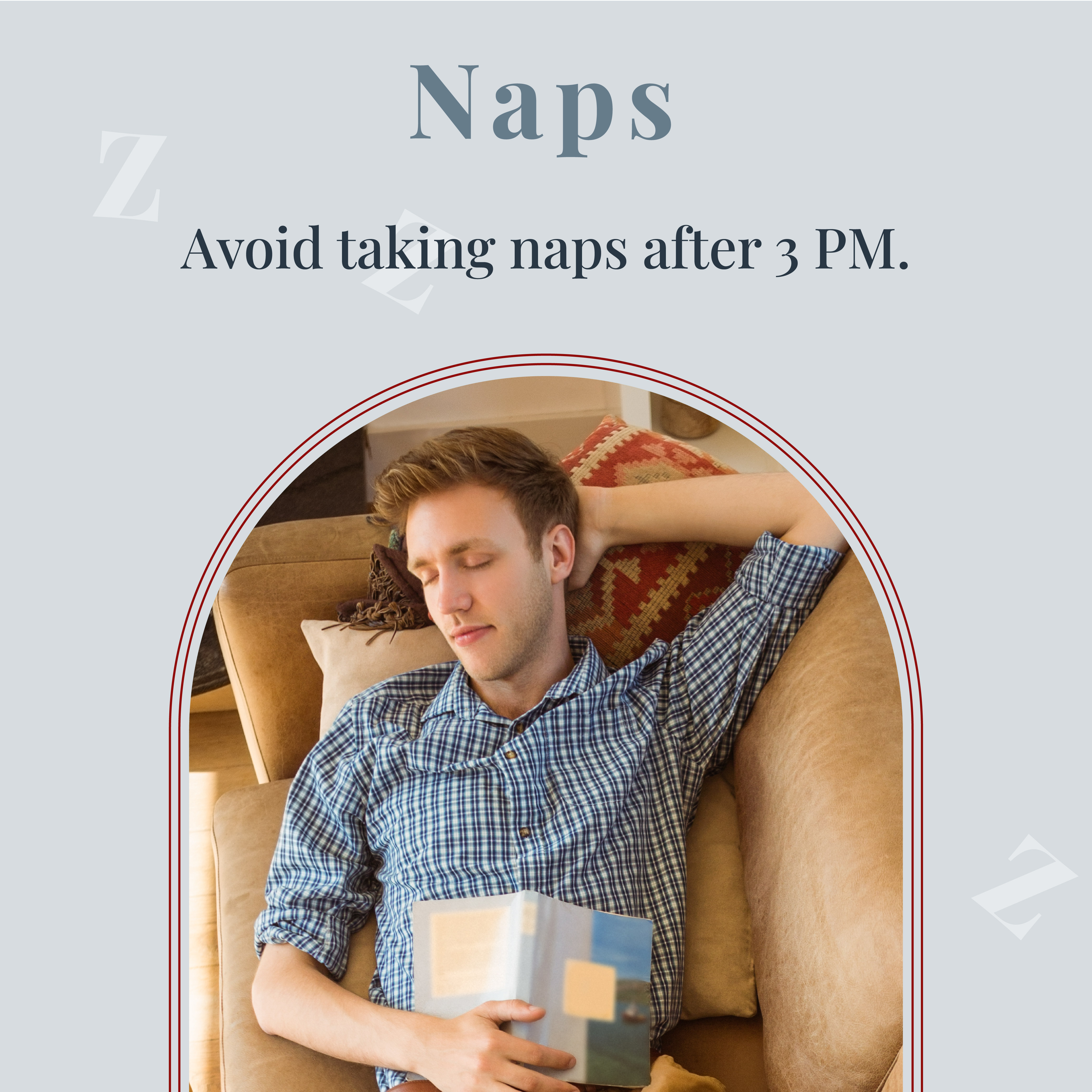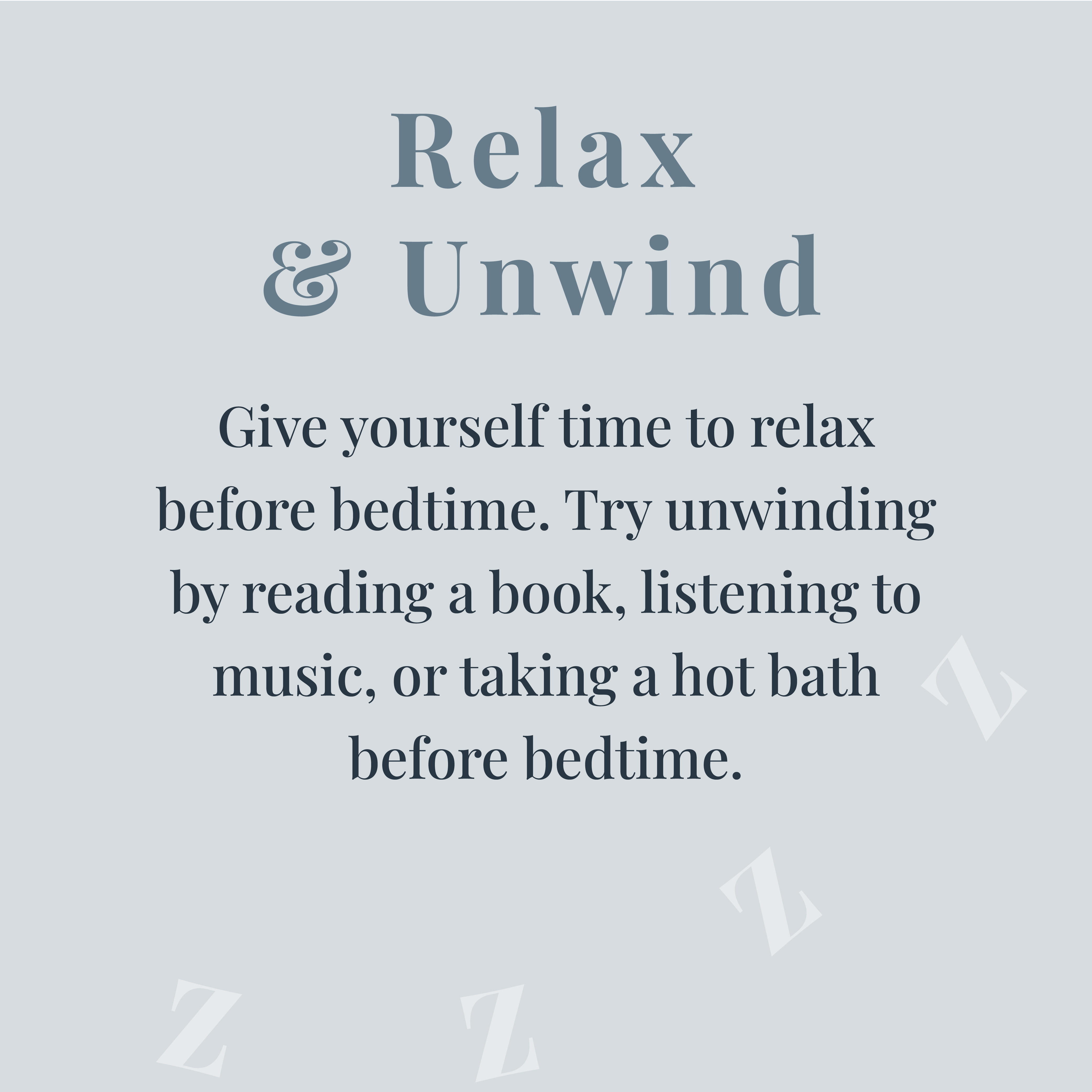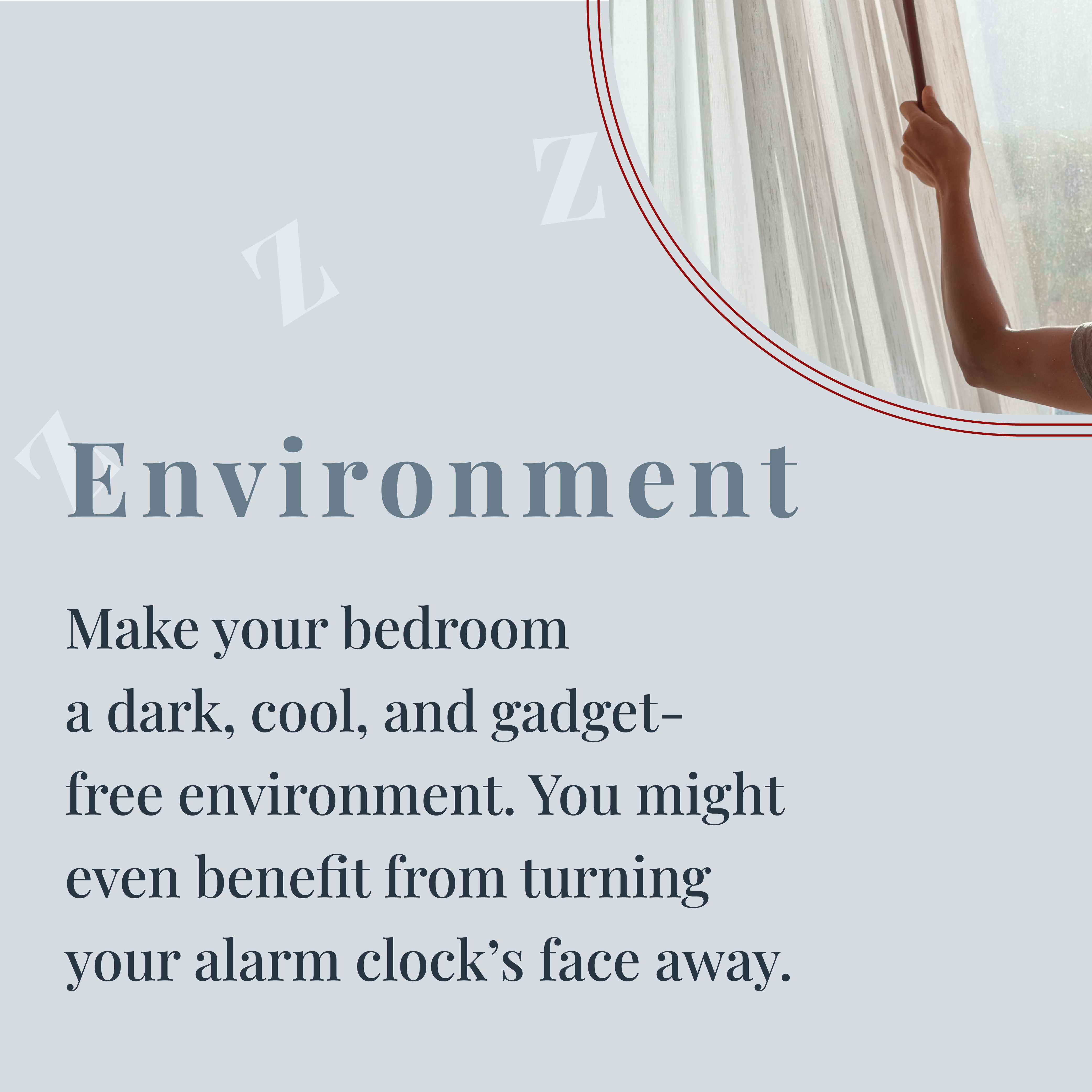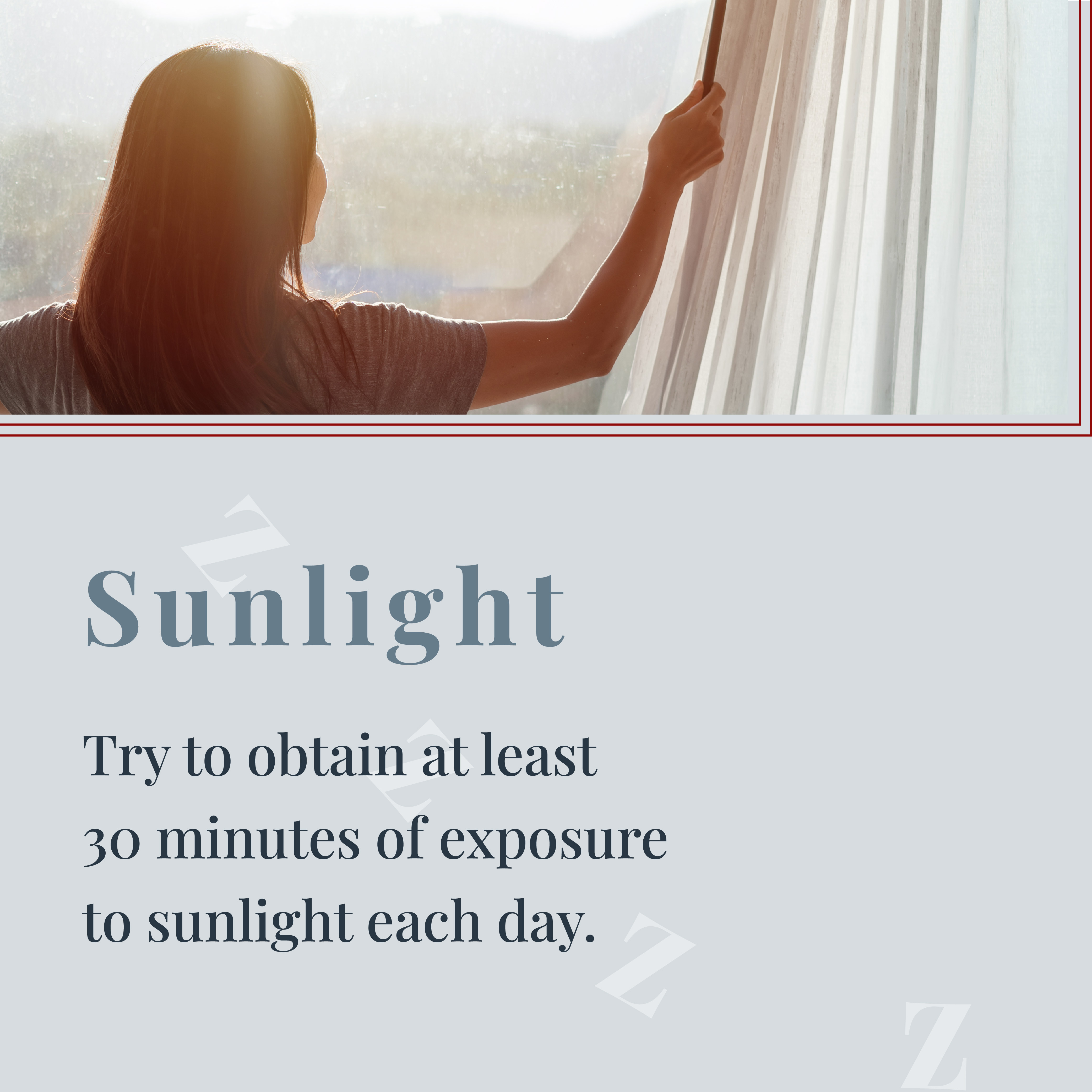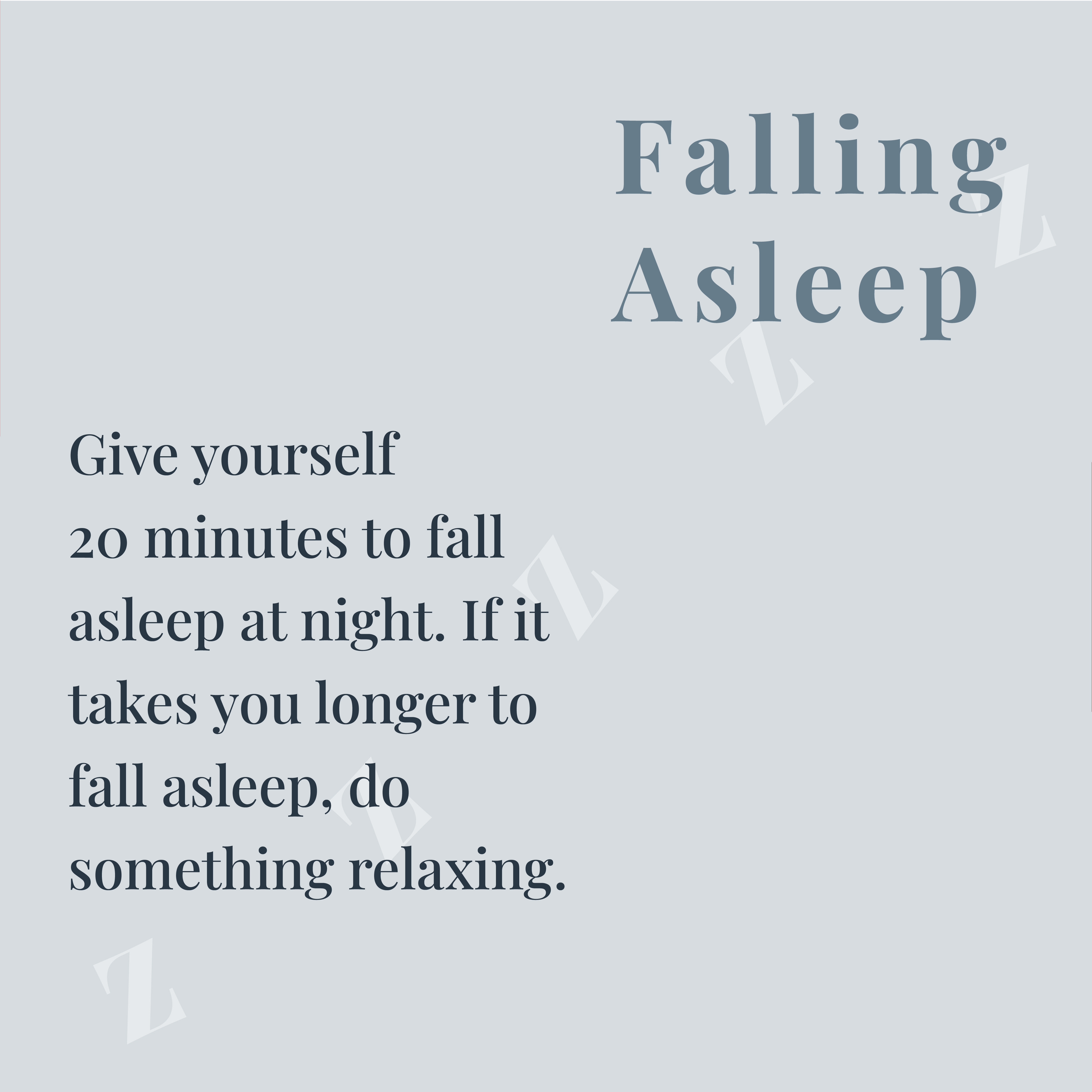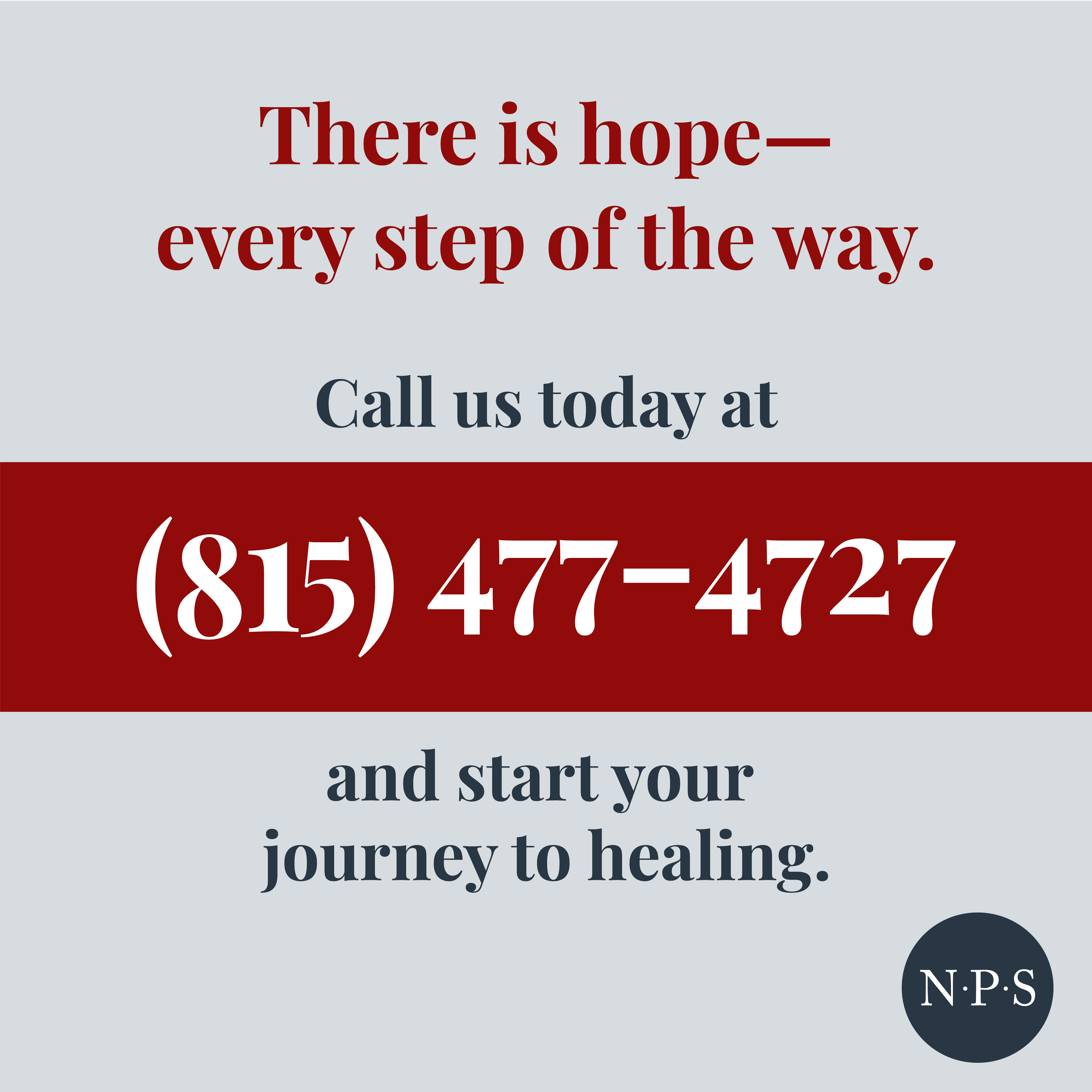7 Common Sleep Disorders, Explained
Sadly, many people in the United States struggle to get a good night’s sleep. In fact, more than 50 million Americans suffer from chronic sleep disorders.
This is a problem for many reasons, not least of which is that your brain needs sleep to function properly. Poor sleep leads to difficulty concentrating, increased irritability, low energy, and more. In fact, people suffering from sleep disorders are more likely to have anxiety and depression.
Treating your sleep disorder can sometimes be done at home, through counseling, or with the help of medical devices. To understand which treatments are best for you, you must first understand which type of sleep disorder you suffer from.
1. Sleepwalking
Sleepwalking is most common in children, with only around 1% of adults experiencing the disorder. And while most cases of sleepwalking resolve on their own, recurrent cases may trigger the need for treatment.
When sleepwalking does occur in adults, it’s usually a symptom of another physical or mental health condition. Treatment of the original condition can often help to resolve a person’s sleepwalking as well.
If sleepwalking does not seem to be linked to another disorder, speaking to a healthcare professional can help. You may also speak to a counselor about developing techniques for improving your sleep and/or managing your stress. Sometimes, self-hypnosis and other relaxation techniques are enough to resolve the disorder on their own.
As with most sleep disorders, sleepwalking can also be managed with the introduction of a few coping methods, like:
- Avoiding caffeine, alcohol, and nicotine in the hours before bed
- Following a regular sleep routine
- Making your bedroom more sleep-friendly (blackout curtains, white noise machines, etc.)
- Avoiding naps, especially during the afternoon
- Winding down from the day with a hot bath, calming music, or meditation
You may also consider light therapy as a means of adjusting the melatonin your body produces.
2. Insomnia
Insomnia is a term that some people use freely to describe any difficulty sleeping. But it’s officially defined as a disorder that causes persistent problems with falling and/or staying asleep.
There are two types of insomnia: primary and secondary. With primary insomnia, a person experiences sleep difficulties that are not linked to any other condition or disorder. With secondary insomnia, the disorder is tied to a health condition like arthritis, chronic pain, depression, or substance abuse disorder.
Primary insomnia is often caused by either stress or poor sleep conditions. This means you may be able to manage your condition through stress management or by creating a more sleep-friendly environment. If the lack of sleep is affecting your ability to perform daily tasks, speak with a counselor about your options. Sometimes, the short-term use of medication is necessary for overcoming insomnia.
3. Restless Legs Syndrome
Unfortunately, restless legs syndrome is a condition that we still don’t fully understand. As a result, it often goes undiagnosed and untreated. It’s categorized as a sleep disorder because it most often strikes in the evening or at night and becomes disruptive to the sufferer’s ability to sleep.
As the name implies, RLS is defined as an overwhelming urge to move one’s legs. It can present as a creeping, tingling, or bubbling sensation in the feet, calves, and/or thighs. In some cases, RLS may even affect the sufferer’s arms.
While moving your legs may help to ease your discomfort, doing so will also hinder your ability to fall asleep. One of the best techniques for improving the symptoms of RLS is avoiding known triggers, especially in the hours before bedtime. Specifically, it’s wise to refrain from the use of:
- Nicotine
- Caffeine
- Alcohol
- Certain medications
You can also manage restless legs syndrome by managing your stress. If those steps don’t help to alleviate your condition, speak to a doctor about your other options.
4. Jet Lag
Although jet lag disorder is a temporary condition, it is a very real problem for people who are traveling quickly across time zones. This disorder is the result of a disruption between the body’s natural circadian rhythm and its external environment. Whether you are traveling for work or on vacation, this disruption can lead to unpleasant side effects like daytime drowsiness, a general feeling of unwellness, stomach problems, and mood changes.
Thankfully, most cases of jet lag disorder resolve themselves within 24 hours. Until then, sufferers can combat their symptoms by staying hydrated, active, and well-nourished. If your jet lag symptoms don’t go away after a week or continue to worsen after the first few days, speak to your healthcare provider about what’s going on.
5. Narcolepsy
Although fairly rare, narcolepsy is one of the more serious sleep disorders on this list. It is defined as a person’s inability to choose when they fall asleep or wake up. Specifically, this disorder is characterized by the brain’s inability to regulate waking and sleeping patterns in a normal way. As a result, the sufferer may experience these concerning conditions:
- Sleep paralysis
- Excessive sleepiness throughout the day
- Sudden sleep attacks (falling asleep without warning)
- Cataplexy (muscle weakness and/or loss of muscle control)
- Hallucinations (both when asleep and awake)
Narcolepsy can be extremely disruptive to your daily routine and general well-being. Over time, it can also lead to self-imposed isolation and depression. Narcolepsy is sometimes the result of hormonal changes, but it can also be triggered by extreme psychological or physical stress.
While there’s no cure for narcolepsy, it can be managed and improved with the help of medication and lifestyle changes. Brief but frequent naps throughout the day are one of the best ways to manage the symptoms of narcolepsy. If your narcolepsy is triggered by stress, counseling can also help to improve symptoms.
6. Night Terrors
We often think of night terrors as a disorder affecting children, but around 2% of adults in the U.S. experience them as well. Night terrors occur when a person abruptly awakens in a terrified state. The cause of this disorder is still unknown, but some cases are linked to fevers, alcohol use, stress, and sleep deprivation.
Night terrors often coincide with other sleep disorders like restless leg syndrome, sleep apnea, and sleepwalking. The best treatment for night terrors is stress management. You should talk to a counselor about the best counseling treatments for you.
7. Sleep Apnea
Although often harmless, sleep apnea is another serious sleep disorder because it is sometimes linked to sudden death—especially in adults over the age of 60. If you or a loved one experience disruptive snoring, episodes of paused breathing, or gasping/choking during sleep, speak to a doctor about a sleep apnea diagnosis.
Sleep apnea is best treated with a CPAP machine, but there are other options to consider as well. Lifestyle changes like weight loss may have a positive effect as well as a tonsillectomy or adenoidectomy in some cases. Exercises for the muscles in your face and mouth may also be effective.
When to See a Counselor About Your Sleep Disorder
General counseling can be effective in managing stress, which is often at the heart of many sleep disorders. We also recommend Cognitive Behavioral Therapy to many of our clients who are struggling to get a good night’s sleep. This type of therapy is a great way to consciously improve your sleep routines and avoid the thought patterns that keep you awake.
If you believe your sleep disorder is affected by life stressors, trauma, addiction, or negative thinking, it’s time to speak to a counselor. We can help you work through these issues and find a happier, more joyful, and more restful state of being.
Are you ready to take the next step?
CONTACT US AND SCHEDULE YOUR FIRST APPOINTMENT TODAY.


